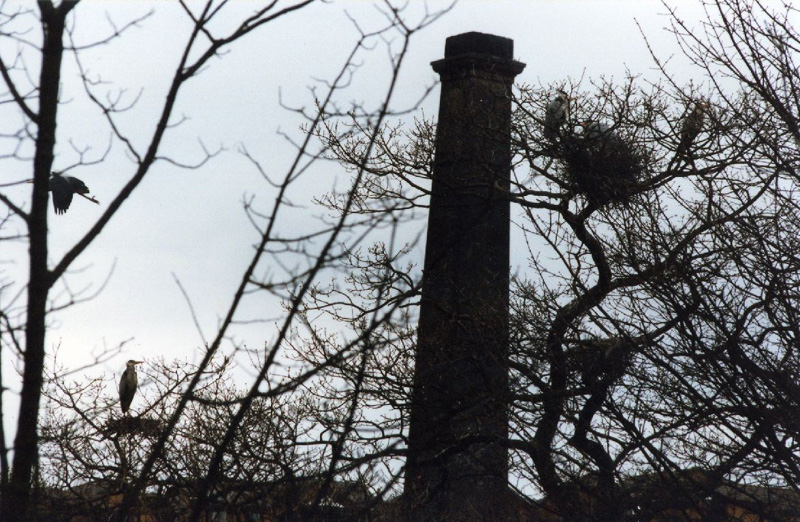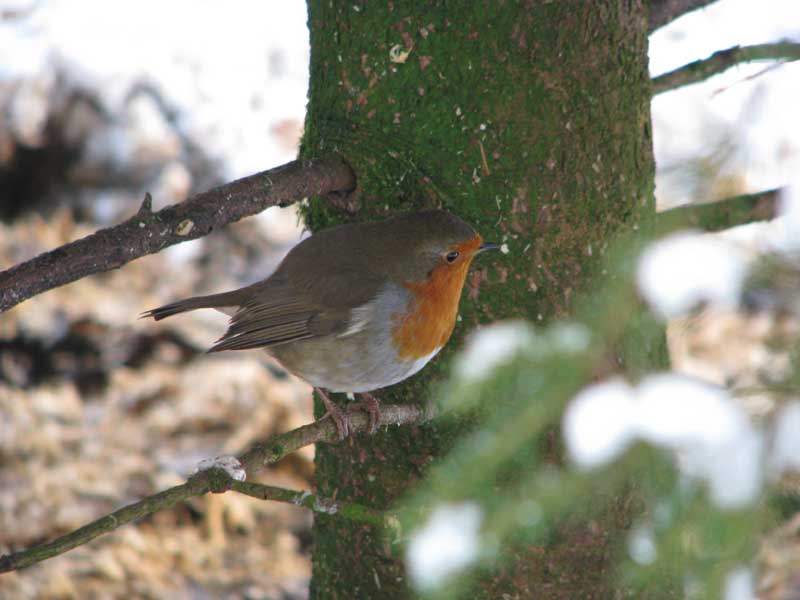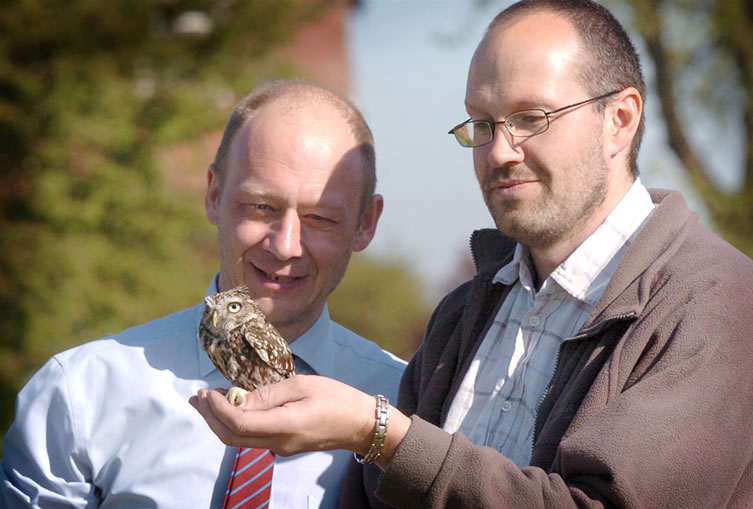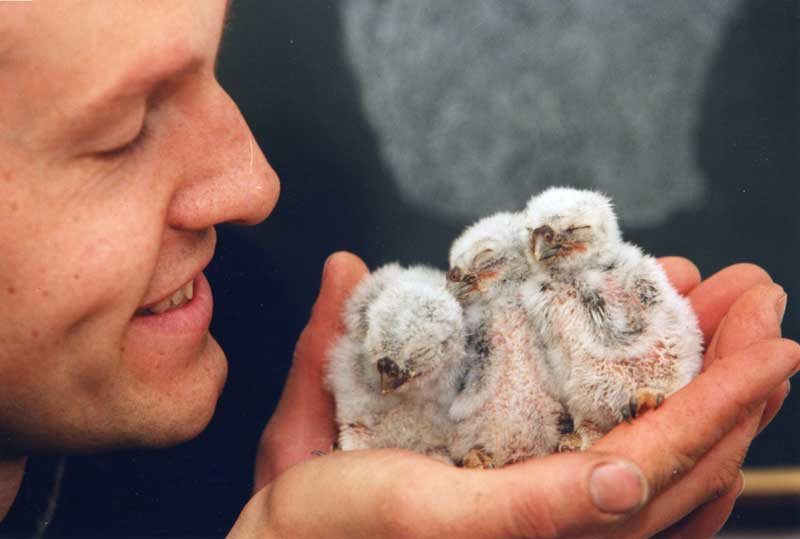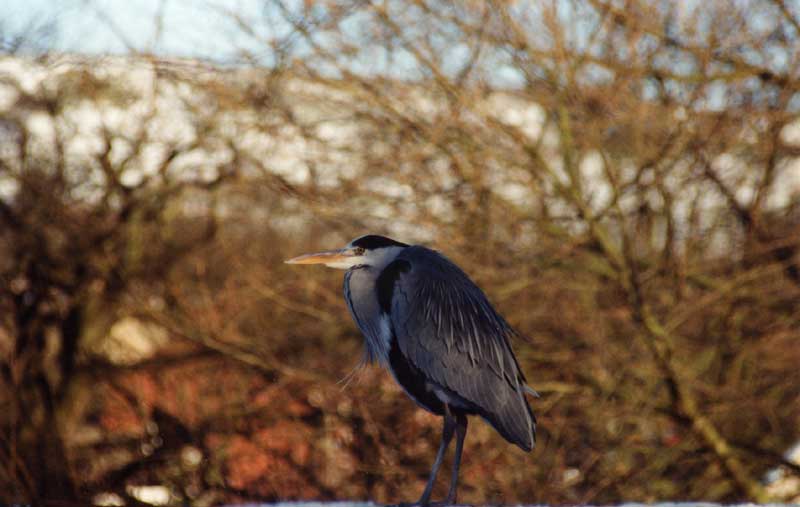







Well, the Baby Season is very much upon us now...
May 9, 2021
As advised last week, I was transporting a heron-chick up to Knoxwood yesterday. The weather was rather glum on the way up, but the welcome heart-warming, and it was great to see the bird swiftly admitted into their care for what will be the final stages of its rehabilitation. People may ask “why take it all that way, when you could have reared it in Rochdale?” Yes, it could have been reared in most sanctuaries; however with any such predatory bird, there is an extra responsibility upon the rehabilitator to ensure that the orphaned bird is not imprinted (made tame) in any way, as this could prove fatal not only for the bird, but for any human/smaller animal it comes into contact with.
When we had the hospitals in Rochdale I would see a number of such imprinted birds each year; where people had found and reared birds at home and then put them back in the wild. Alas, many of these would be killed by cats/cars/people/weather or even other birds within the first 48 hours of being free, as they had no knowledge of what to do and their feathers were not weathered having been kept inside peoples’ houses. The ‘lucky’ few would make it to our doors, where we would do our very best to rehabilitate – this often took months of work and even then was not successful on every occasion. Alas, Corvids (magpies/crows/jackdaws/jays) are particularly susceptible, but when released in a semi-tame state, can prove deadly to people especially infants, as the bird gets mixed-up between instinct and what it has ‘learned’ from its ‘keeper’. The bird instinctively knows to peck its parents’ beak to be fed. Alas its foster parent is a human, so upon release it flies round looking for something familiar and often finds a child. The danger then is evident and it will fly to the child and intend to peck at their beak (their nose) – hence the bird is immediately a huge danger and castigated (and often killed) for it, when in actual fact it was the ‘fault’ of the keeper not taking it to a qualified wildlife rescue in the first place.
The day was also filled with assisting numerous people from around the country with their own wildlife concerns; from mother duck & ducklings found in a garden, to starling chicks in the garden, to various cat attacks on numerous birds, and baby owls on forest floors. All standard enquiries at this time of year...
Nigel
ADVICE
Wild Bird Advice and information
Many people would help birds more, if they knew simple easy ways in which they could help wild birds, without going to too-much extra trouble. Often there are ways to help – that don’t actually ‘cost’ anything at all, but can make a huge difference to making birds welcome and safe in the environment around us.
CITRUS FRUIT SAVES BIRDS LIVES
One of the main causes of bird injuries (espec
LATEST NEWS
-
Winter work
I made a start on the winter wood work today at the Three Owls Wood. It's not possible to see whats going on in the grow
November 26, 2025 -
Tea on the lawn
I received a call from someone wanting identification of a brown bird eating a meal on their lawn. Expecting to be sent
November 16, 2025 -
Big haul going North, East and West!
We have fared well this year with our new friends in Trafford, Manchester, who save up all the damaged sacks of food fro
October 28, 2025 -
Life expired
Alas, some of our trees which were due for winter maintenance couldn't make it through the recent storms, and have come
October 4, 2025 -
X-ray assistance
Well, that didn't take long before the next x-rays were received; this time for a kestrel which had suffered a collision
September 28, 2025
